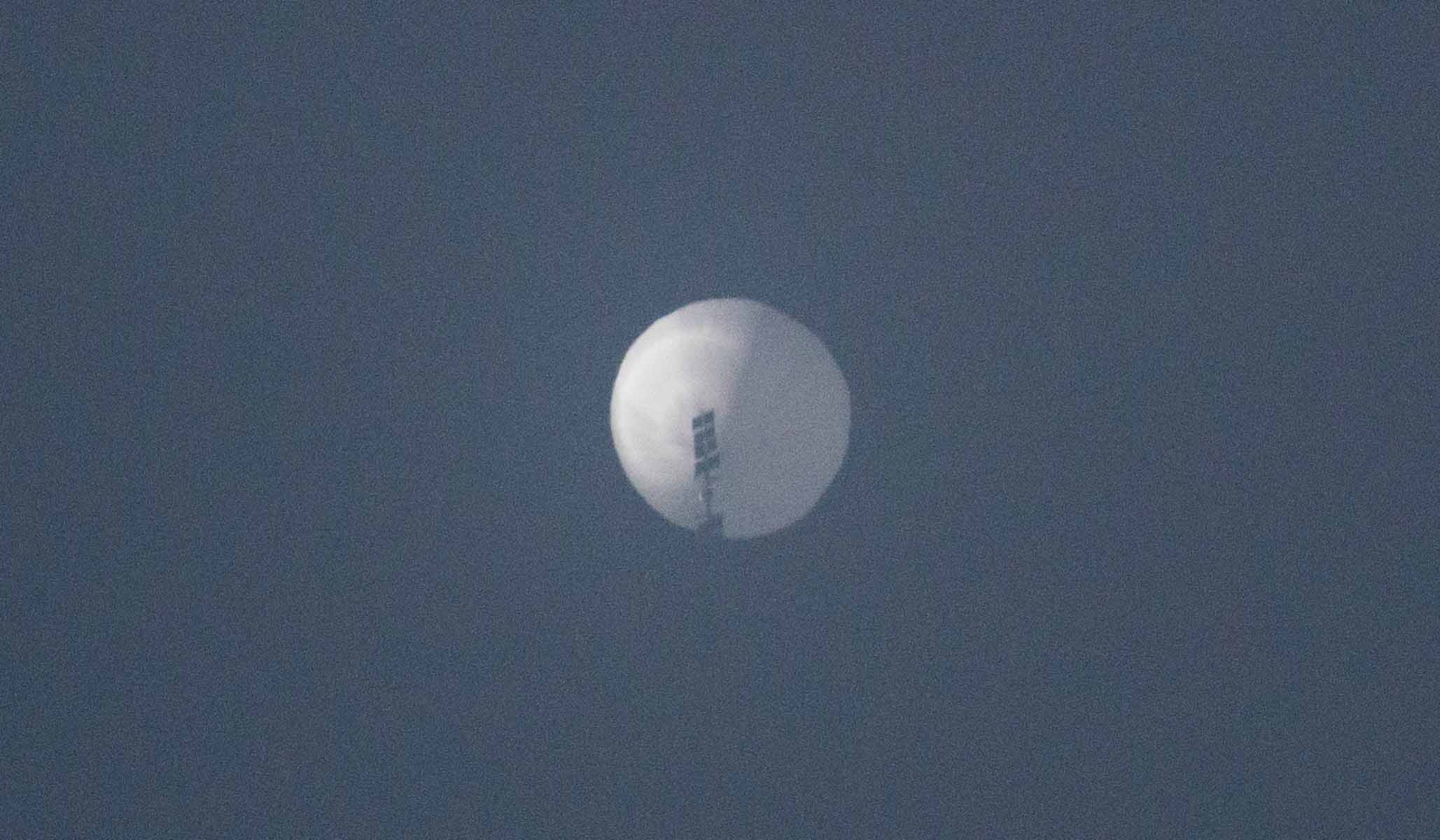Pentagon Disputes China's Civilian Airship Narrative: Spy Balloon Claims Spark International Tensions
The recent discovery of a suspected Chinese surveillance balloon over US airspace has ignited a diplomatic firestorm, with the Pentagon directly challenging Beijing's claim that the high-altitude airship was a civilian meteorological research device. This incident has significantly escalated tensions between the two global superpowers and raised serious questions about national security and international airspace protocols.
China's Explanation and the US Response
China maintains that the airship, which traversed sensitive US military sites before being shot down off the coast of South Carolina, was blown off course and had limited steering capabilities. This explanation, however, has been met with skepticism, not only from the US government but also from numerous international observers. The Pentagon, citing intelligence gathered from multiple sources including radar tracking and visual observation, firmly refutes this narrative.
Key Points of Contention:
- The Airship's Trajectory: The Pentagon emphasizes the airship's deliberate flight path over sensitive military installations, suggesting a targeted surveillance mission rather than an accidental detour.
- Sophisticated Technology: The advanced technology detected on board the airship, including high-resolution imaging capabilities, contradicts China's claims of a purely meteorological purpose.
- Lack of Transparency: The lack of prior notification or explanation from the Chinese government regarding the airship's presence over US airspace further fuels suspicion.
- Precedent and International Law: The incident raises significant concerns about national sovereignty and international norms governing airspace usage.
International Reactions and Geopolitical Implications
The incident has sparked widespread condemnation and concern from allies of the United States, highlighting the growing anxieties surrounding China's assertive foreign policy. Several countries have expressed similar concerns about potential surveillance activities and the need for enhanced international cooperation in addressing such incidents. This event adds another layer of complexity to the already strained US-China relationship, potentially impacting trade negotiations and other areas of cooperation.
Global Impact and Future Implications:
- Increased Military Surveillance: Expect a rise in military surveillance efforts globally, particularly near disputed territories and areas of strategic importance.
- Enhanced Airspace Security: Governments are likely to review and strengthen their airspace surveillance systems and protocols in response to this incident.
- Deterioration of US-China Relations: The incident is likely to exacerbate existing tensions between the two countries, potentially leading to further diplomatic confrontations.
- Re-evaluation of International Norms: The incident necessitates a critical reevaluation of existing international laws and agreements governing airspace usage and surveillance activities.
The Path Forward: Diplomacy and Deterrence
While the immediate response has been one of heightened alert and military action, finding a diplomatic resolution remains crucial. Open communication and transparent investigation are paramount to preventing future occurrences and mitigating the risk of escalation. The incident underlines the need for clear rules of engagement in airspace and a more robust international framework to manage similar situations.
Call to Action: Stay informed about this evolving situation by following reputable news sources and engaging in respectful discussion on this crucial topic. Understanding the complexities of international relations is vital in navigating the challenges of the 21st century.
(Note: This article is for informational purposes only and does not represent the official position of any government or organization. For the latest updates, please refer to official government sources.)
Keywords: Pentagon, China, Airship, Spy Balloon, Surveillance, Military, Diplomacy, International Relations, Geopolitics, National Security, US-China Relations, South Carolina, International Law, Airspace, Meteorological, Intelligence.
